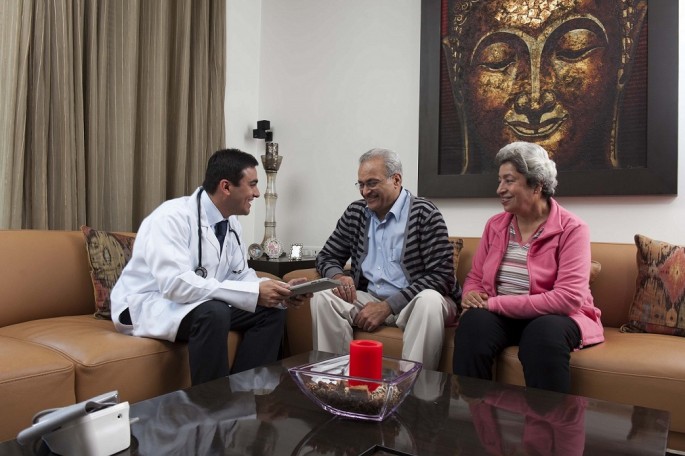Medicare, the United States federal program that insures senior and disabled Americans, announced on Wednesday a proposal that will reimburse doctors for end of life counseling. Such serious conversations with patients would be about how (and if) physicians should keep them alive if they are very sick and unable to speak.
Medicare patients can make public comments about the new proposal for the next 60 days, although it is likely to be approved. The policy would be implemented in January.
The ongoing debate started before the Affordable Care Act was signed into law by President Obama In March 2010.
Former Alaska governor Sarah Palin referred to a similar plan as the creation of "death panels," according to Salon. The Republican vice presidential candidate argued that such end of life care would seal the fate of sick seniors.
Today, there is a public demand that patients be given choices about how they die, such as all medical options to stay live, or switching off feeding tubes and breathing ventilators for those who opt out of continuing life support systems. Health care providers are also pushing for such rights.
Patrick Conway is chief medical officer for the Centers for Medicare & Medicaid Services (CMS). He said that the Medicare proposal creates the chance for individuals and their relatives to talk about advance care planning with doctors, nurses, and physician assistants, according to Dallas News.
A final decision on the proposal will be made by November 1. It allows for an unlimited number of face-to-face counselling sessions about end of life issues, to be reimbursed.
Conway explained that the conversation length can vary based on the patients' needs, ranging from short to long talks. They can also be a series of discussions.
The Baby Boomer generation is aging fast. Americans are living longer and with major medical conditions, raising issues such as when they want life-saving treatments, and whether they prefer to die in a hospital or at home.



























